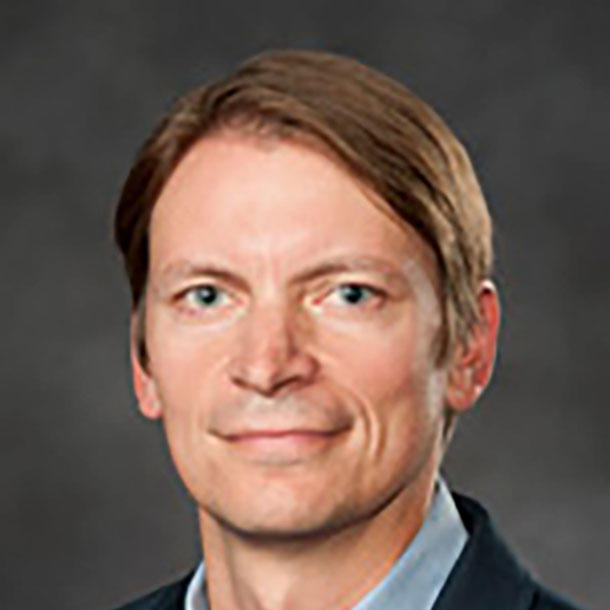Sadly, Dr. Wheeler passed away in 2024.
Years at DCEG: 2009-2011
DCEG Title: Cancer Prevention Fellow
Current Organization: Virginia Commonwealth University
Current Title: Associate Professor
Who was your mentor at DCEG? What did you work on?
Mary Ward, Ph.D., senior investigator in the Occupational and Environmental Epidemiology Branch (OEEB) was my primary mentor. Dr. Ward and I worked on modeling spatial patterns of non-Hodgkin lymphoma incidence using data from the NCI-SEER Non-Hodgkin Lymphoma Study, as well as bladder cancer risk in the New England Bladder Cancer Study with the help of Debra Silverman, Sc.D., Chief of OEEB. I also worked with Melissa Friesen, Ph.D., senior investigator in OEEB, on predicting diesel exhaust exposure using machine learning methods. Finally, I worked with Christian Abnet, Ph.D., M.P.H., senior investigator in the Metabolic Epidemiology Branch (formerly the Nutritional Epidemiology Branch), and then-fellows Wenny Lin, Ph.D., M.P.H., and Elizabeth Cahoon, Ph.D., on evaluating ultraviolet radiation as a risk factor for many cancers.
What is your current position?
I am currently a tenured Associate Professor in the Department of Biostatistics in the School of Medicine at Virginia Commonwealth University (VCU) in Richmond, VA. I came to VCU in 2011 from NCI.
How do you apply the skills you developed at DCEG in your current job?
I regularly use my skills in epidemiology methods, grant writing, and public speaking in my current position. I have continued to work on several of the epidemiology studies that I started while at DCEG. I write several grants each year and the skills I learned at DCEG are extremely helpful in this very competitive funding environment. I am currently principal investigator on an R01 and an R21, so the training works!
Do you have any memories from your fellowship that you would like to share?
I have fond memories of socializing with DCEG and Cancer Prevention Program fellows at our seminars, scientific meetings, happy hours, and the hotly-contested DCEG bocce ball competition.
What do you do in your free time?
I have become quite active with cycling since coming to Richmond and race mountain bikes for fun. A personal highlight is completing the Shenandoah Mountain 100, which is a 100-mile mountain bike race in George Washington National Forest.
Do you have any advice for current or future DCEG fellows?
My advice would be to make lasting connections with other fellows and investigators and to get all the technical training and professional development you can in your time at NCI. The training environment at NCI for fellows is truly unmatched. I gained or strengthened skills in scientific writing, grant writing, public speaking, teaching, and preparing job applications while greatly expanding my scientific knowledge. The grant writing workshop organized by Jackie Lavigne, Ph.D., M.P.H., was very helpful and I highly recommend it.
